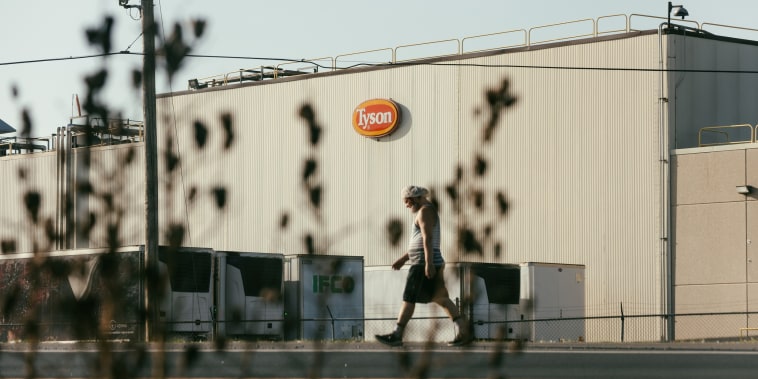The Ozarks are an area steeped in culture, industry, and history. However, in recent months, the region has been rocked by the news of multiple Tyson plant closures, leading to an economic soul-searching in the area over the ripple effects caused by these closures.
The first closure came in December of 2018 when Tyson announced that it would be closing its facility in Anderson, Missouri – the largest of its Ozarks plants. This closure put a total of 800 workers out of a job, as well as sent shockwaves throughout the area that would soon be felt in other communities.
Soon after the Anderson closure, Tyson decided to permanently close down its Monett, Missouri facility, as well as its facility in Carthage, Missouri due to “economic constraints”, causing an additional 1,300 jobs to be lost. These closures left many families in the Ozarks out of work, leading to a loss of income, businesses, residents, and an overall decrease in economic activity in the area.
The closures of Tyson’s facilities is also having an effect on the local economy, as many suppliers and contractors depended on the plants for their livelihood, and have had to find alternative sources of income. Additionally, the closure of the plants has put a strain on the social services system in the Ozarks, as formerly employed workers are now turning to the state for assistance.
The community of the Ozarks is doing all it can to mitigate the impact caused by these closures. They are taking to social media in an attempt to rally the community together to find alternatives sources of jobs, as well as exploring state and federal policies to help those affected by the closures.
It’s been a difficult time for the communities affected by Tyson’s closures, and the Ozarks are doing their best to persevere. Despite the adversity, one thing is certain – the people of the Ozarks have a strong spirit that will continue to drive them forward into the future.






























